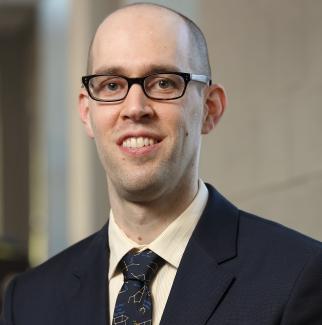Event
High Energy Theory Seminar: Gravitational-wave memory effects from binary-black-hole mergers
David Nichols (University of Virginia)

The LIGO-Virgo-KAGRA Collaboration has detected nearly one hundred black-hole mergers in its first three observing runs and is finding several candidate mergers every week during its ongoing fourth run. These mergers are being used to study the properties of the general relativity for dynamical and strongly gravitating systems with high gravitational-wave luminosities. The gravitational-wave memory effect is one such phenomenon which occurs in this regime of relativity. It is characterized by a change in the gravitational-wave strain that persists after the waves pass by a detector. This strain is closely related to the asymptotic Bondi-Metzner-Sachs symmetries, these symmetries’ corresponding charges, and other aspects of the infrared properties of gravitational theories. I will discuss the computation of the memory effect and the prospects for current gravitational-wave detectors to observe the memory effects from black-hole mergers. Specifically, there is a good chance that evidence could be found for the memory effect in the population of binary mergers after LIGO, Virgo, and KAGRA complete their fifth observing run. I will also discuss a hierarchy of new memory effects which are related to sub-leading aspects of asymptotically flat spaces. These higher memory effects could be detected from binary mergers by the next-generation of gravitational-wave detectors.
